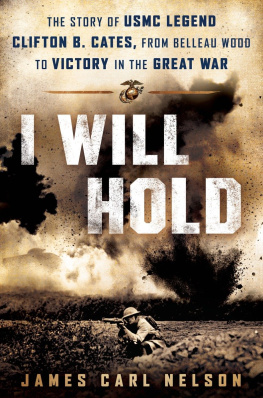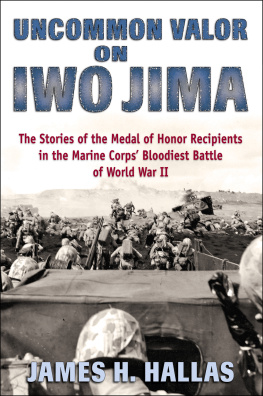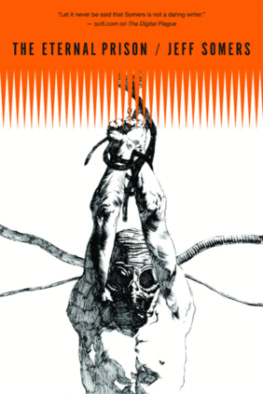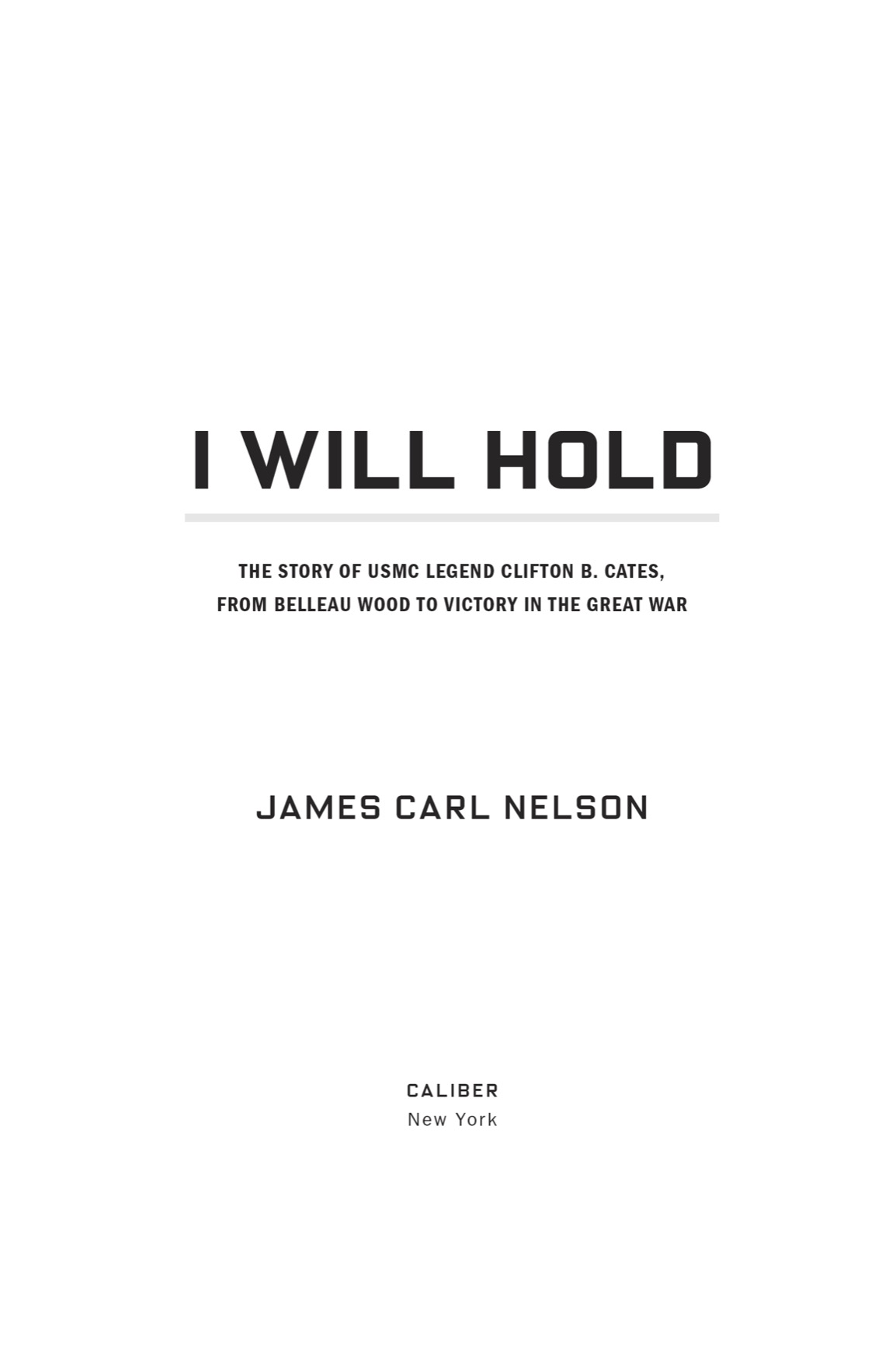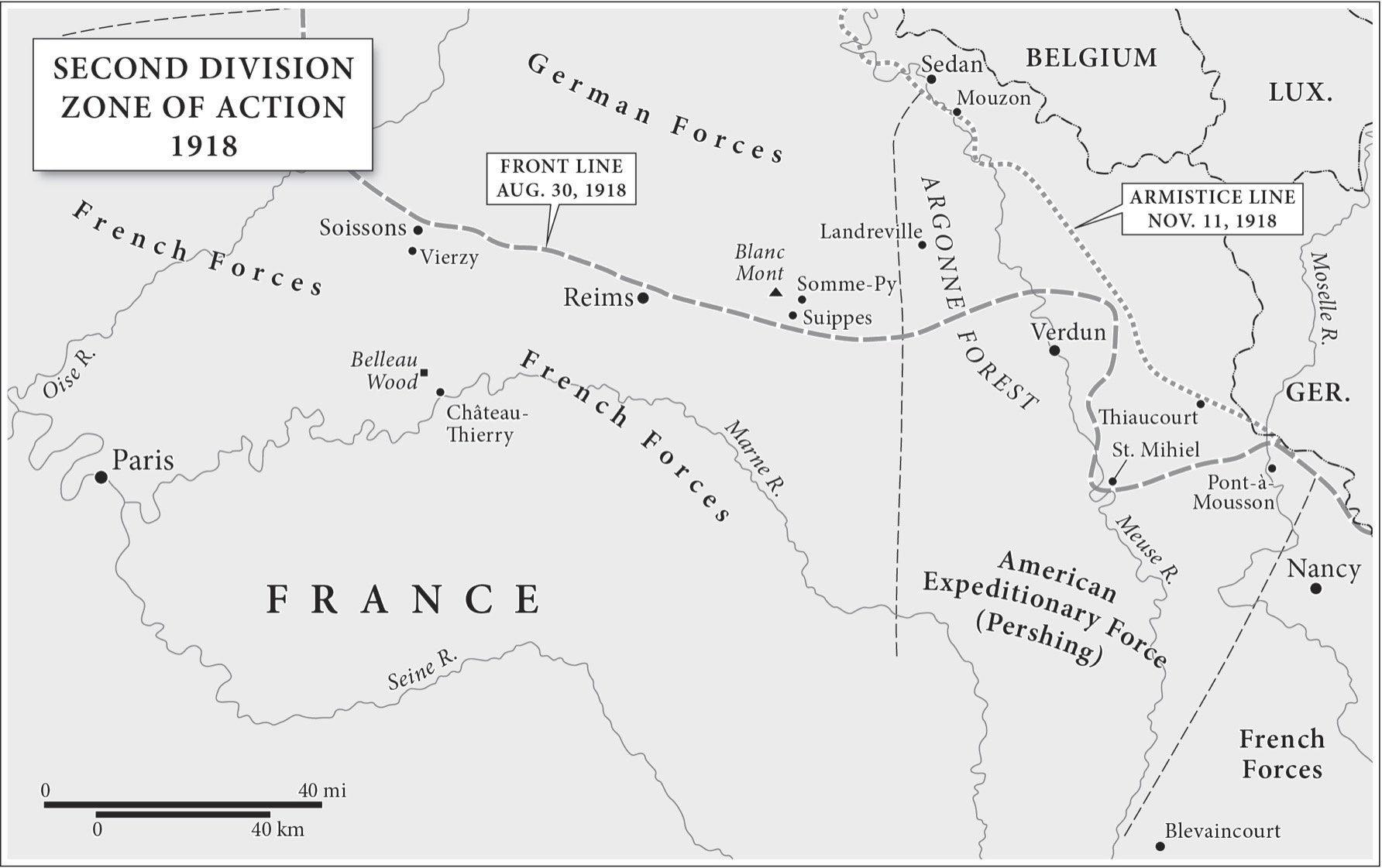CALIBER
Published by Berkley
An imprint of Penguin Random House LLC
375 Hudson Street, New York, New York 10014

Copyright 2016 by James Carl Nelson
Penguin Random House supports copyright. Copyright fuels creativity, encourages diverse voices, promotes free speech, and creates a vibrant culture. Thank you for buying an authorized edition of this book and for complying with copyright laws by not reproducing, scanning, or distributing any part of it in any form without permission. You are supporting writers and allowing Penguin Random House to continue to publish books for every reader.
CALIBER and its colophon are trademarks of Penguin Random House LLC.
Map by David Lindroth
Library of Congress Cataloging-in-Publication Data
Names: Nelson, James Carl, author.
Title: I will hold: the story of USMC Legend Clifton B. Cates, from Belleau Wood to victory in the Great War/James Carl Nelson.
Other titles: USMC Legend Clifton B. Cates, from Belleau Wood to victory in the Great War
Description: New York, New York: New American Library, an imprint of Penguin Random House LLC, [2016]
Identifiers: LCCN 2016012586 | ISBN 9780425281482 (hardback) | ISBN 9780698196735 (ebook)
Subjects: LCSH: Cates, Clifton B. (Clifton Bledsoe), 18931970. | Belleau Wood, Battle of, France, 1918. | United States. Marine Corps. Marine Regiment, 6thBiography. | United States. Marine CorpsOfficersBiography. | MarinesUnited StatesBiography. | United States. Marine CorpsHistoryWorld War, 19141918. | World War, 19141918CampaignsFrance.
Classification: LCC D545.B4 N45 2016 | DDC 940.4/34dc23
LC record available at http://lccn.loc.gov/2016012586
Jacket art: Battlefield Explosion During World War One by Popperfoto/Getty Images; Soldier by US Army Signal Corps/The LIFE Picture Collection/Getty Images
Jacket design by Steve Meditz
While the author has made every effort to provide accurate telephone numbers, Internet addresses and other contact information at the time of publication, neither the publisher nor the author assumes any responsibility for errors, or for changes that occur after publication. Further, publisher does not have any control over and does not assume any responsibility for author or third-party Web sites or their content.
Version_1
ACKNOWLEDGMENTS
By November 1918, four million American men were in uniform, with some two million of them in France when the armistice was declared. This is a book about just one of those men: an overlooked individual named Clifton Bledsoe Cates who made his mark on the battlefield again and again, and whose service, while renowned within the halls of the Marine Corps, has been mostly relegated to being a footnote in the larger picture of the war.
I Will Hold seeks at its base to illuminate the contributions Cates made toward saving the world for democracy in the violent latter half of 1918and to some degree the further contributions he made at Guadalcanal, Tinian, and Iwo Jima during World War II, and as presiding Marine Corps commandant when the Korean War erupted in 1950.
It was in the Great War that he endured unending frontline combat, and it was in it that he gained the nickname Lucky Cates. It was a well-deserved moniker, as we shall see, and one Cates never minded, saying, Id rather be lucky than good-looking.
Many thanks are due to those who helped me in researching the life and times of this ultimate marine, first and foremost John Lyles and Gregory Cina at the Library of the Marine Corps, and Fred Allison and Kara Newcomer at the USMC History Division.
Thanks as well to Jay Hilbish, Clifton Catess grandson, and Ann Prothro, Catess grandniece, both of whom graciously provided reminiscences about their famous relative and, in Jays case, permission to use his grandfathers account of his 1st Marine Regiments time on Guadalcanal.
As well, Paul Grasmehr, reference coordinator at the Pritzker Military Museum and Library in Chicago, provided me access to several rare books needed for my enterprise. Jeffrey Kozak, archivist and assistant librarian at the George C. Marshall Foundation, was most helpful, as was Dr. Winifred Smith, former president of the Lake County Tennessee Historical Society.
Id also like to thank Lori Berdak Miller for her help in obtaining documents from the National Personnel Records Center in St. Louis. As well, Rebecca Livingston of Archivespro was of great assistance in pulling needed records and photos from the U.S. National Archives in Washington, DC, and College Park, Maryland.
Thanks also to Lucy Chubb at the Army Heritage Center Foundation, and Kathy Nichols, senior library specialist in the Archives and Special Collections at Western Illinois University.
And of course, last but far from least, I want to thank my agent, James D. Hornfischer, for inspiring the idea for I Will Hold, and my editor at Penguin, Thomas Colgan, for his great skills and encouragement.
James Carl Nelson
April 2016
CONTENTS
Visit bit.ly/2b6LbqW for a larger version of this map.
OCTOBER 3, 1918
HE HAS ALREADY spent one night sleeping almost atop the bodies of dead men, French and German, dead for days and weeks and thankfully unseen now in the blackness, though there was no mistaking their odious, putrid smell. And so, when the whistles shrilly pierce the early-morning air, it is something of a relief to be up and off, even in the first rays of daylight, at least until he and his men are greeted rudely by the whistling of Minenwerfers and the zip-zip-zip of machine-gun bullets and, soon enough, the familiar, dull slapping sound of metal encountering flesh and bone, the accordant screams of the wounded, and the muffled coughing of those already dying.
Quickly out of the trench and up the hill, he pushes past blasted dugouts and through and over the wire, red with rust after four long years of war but still a prickly impediment to reaching the crest. Before too long he is almost to the top, almost there, through the wafting gray smoke and the squeezing pup-pup-pup of the machine guns and through the long brown grass and the shell holes pocking the hill like vacant black eyes and past the blue-green bodies of the dead, marine and German, and still he pushes on, almost laughing, almost floating from the sheer bloody wonder of it all; keep going, keep going, keep going....
Artillery rounds plop at random here and there, sending black geysers of soil high into the air, and more men fall; keep going, keep going past deep redoubts and blasted, crumbling trench lines in which dead men lie splayed in their deathly innocence, and through the wafting acrid black smoke that stings the eyes; keep going.
Men scream; men die. He finds himself almost laughing. It is not so horrible to him, not so bad; he has done something like this before, at Belleau Wood and Soissons, and he knows it is something he will do yet again before this war is done.

